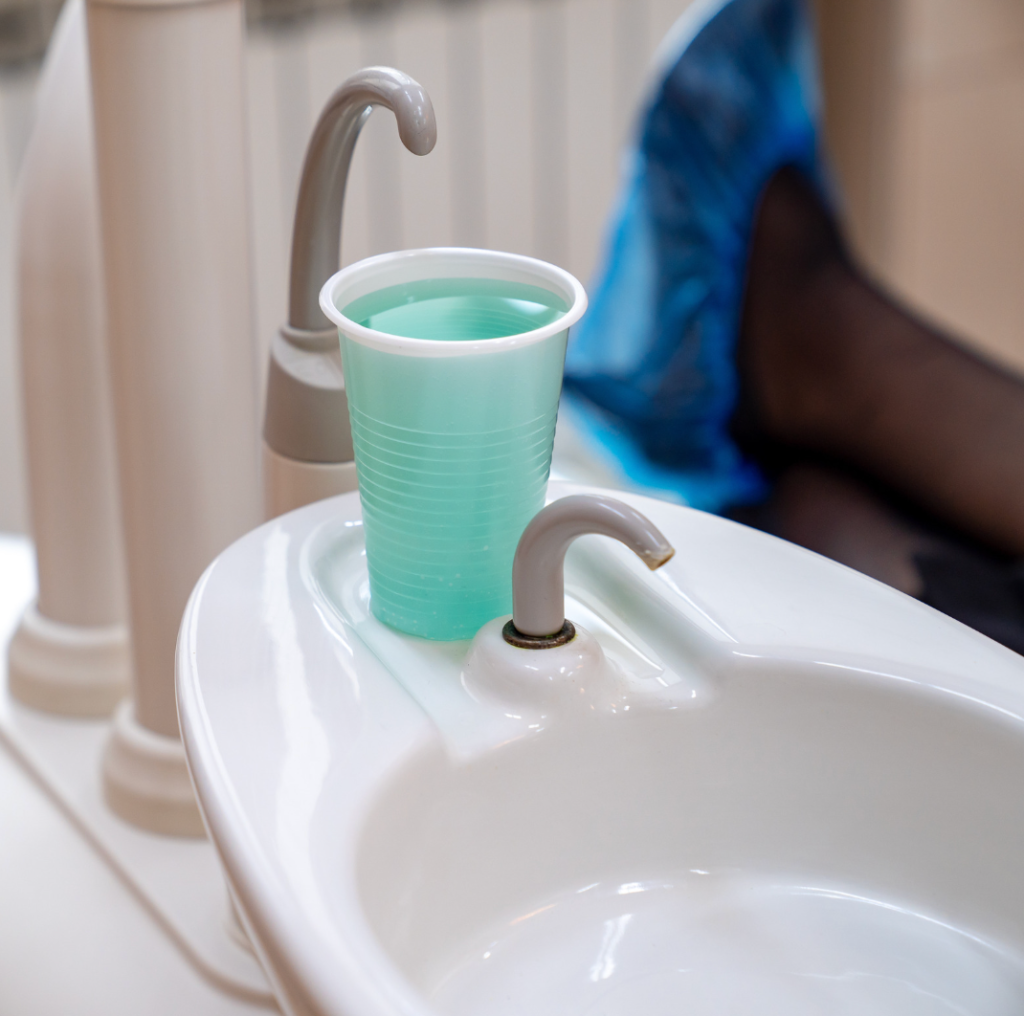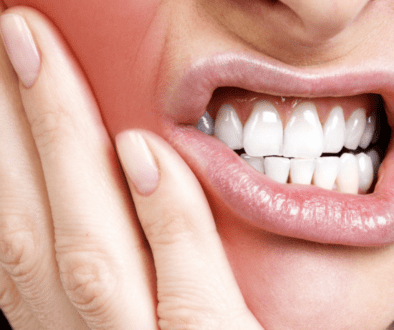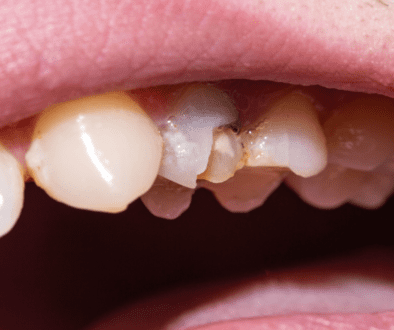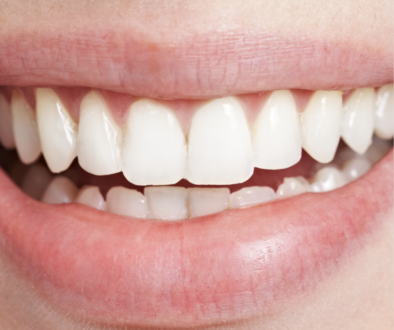A dry mouth, also known as xerostomia, is a common condition when the mouth does not produce enough saliva to keep it moist. The body’s saliva production plays a vital role in maintaining oral health, including washing away food particles, neutralising acids, and preventing tooth decay. This article will explore the causes, symptoms, and treatment options for dry mouth.

Causes of Dry Mouth
Various factors, including medication, medical conditions, and lifestyle choices, can cause dry mouth. Medication is one of the most common culprits of dry mouth, with over 400 different types known to cause it as a side effect.
Other factors contributing to dry mouth include autoimmune diseases like sjögren’s syndrome, nerve damage, dehydration, radiation therapy to the head and neck, and the natural ageing process.
Certain lifestyle factors can contribute to a dry mouth, such as smoking, alcohol consumption, caffeine and spicy or salty foods; stopping or lowering your intake of these can also help to reduce symptoms of dry mouth. Additionally, breathing through the mouth instead of the nose and certain medical conditions like diabetes and Parkinson’s disease can also cause dry mouth.

Symptoms of Dry Mouth
Dry mouth can cause a range of symptoms, including:
- A dry, sticky feeling in the mouth
- Difficulty swallowing or speaking
- Bad breath
- A sore throat or hoarseness
- Dry or cracked lips
- A tingling or burning sensation in the mouth or tongue
- Changes in taste or difficulty tasting food
- Mouth sores or infections
If left untreated, dry mouth can lead to more serious oral health problems, including tooth decay, gum disease, and oral infections.

Treatment Options for Dry Mouth
Dry mouth treatment depends on the underlying cause. If medication is the cause, your doctor may adjust the dosage or switch to a different medication. If a medical condition is causing dry mouth, treating the condition may help alleviate the symptoms.
Lifestyle changes, such as quitting smoking and limiting alcohol use, can also help relieve dry mouth symptoms.
In addition, several over-the-counter drugs and prescription medications can help alleviate dry mouth symptoms. These include:
- Saliva substitutes: These products mimic the composition of saliva and can help moisturise the mouth.
- Oral rinses: Antiseptic mouthwashes can help reduce the risk of oral infections and freshen your breath.
- Prescription medications: Medications such as pilocarpine and cevimeline can help stimulate and promote saliva production.
It is important to speak with your doctor or dentist before using any over-the-counter or prescription medications for dry mouth, as they can have side effects and may interact with other medications you are taking.

Tips for Managing Dry Mouth
In addition to medical treatment, there are several things you can do at home to help manage dry mouth. These include:
- Sipping water regularly throughout the day
- Chewing sugar-free gum or sucking on sugar-free hard sweets to stimulate saliva flow
- Avoiding sugary or acidic foods and drinks, which can increase the risk of tooth decay
- Using a humidifier at night to add moisture to the air
- Brushing and flossing regularly to prevent tooth decay and gum disease
- Using fluoride toothpaste and mouthwash to help maintain a healthy mouth strengthens teeth and prevents cavities
When to See a Dentist or Other Health Professional
If you are experiencing symptoms of dry mouth, it is important to speak with your dentist. They can help identify the underlying cause of your dry mouth and recommend appropriate treatment. In addition, if you are experiencing any of the following symptoms, you should seek medical attention immediately:
- Difficulty swallowing or speaking
- A high fever or severe pain in the mouth
- Mouth sores that do not heal within two weeks
- Unexplained weight loss
Get in Contact With a Dentist Today For Your Dental Concerns
If you are experiencing symptoms of dry mouth, it is important to speak with your dentist. Your dentist can help identify the underlying cause of your dry mouth and recommend appropriate treatment options, including over-the-counter or prescription medications and lifestyle changes. Remember, untreated dry mouth can lead to serious oral health problems such as tooth decay, gum disease, and oral infections. So, don’t hesitate to book an appointment with Chrysanth Dental Care today and take the necessary steps to maintain a healthy and happy smile.




